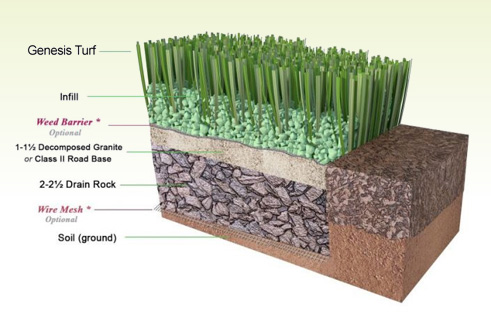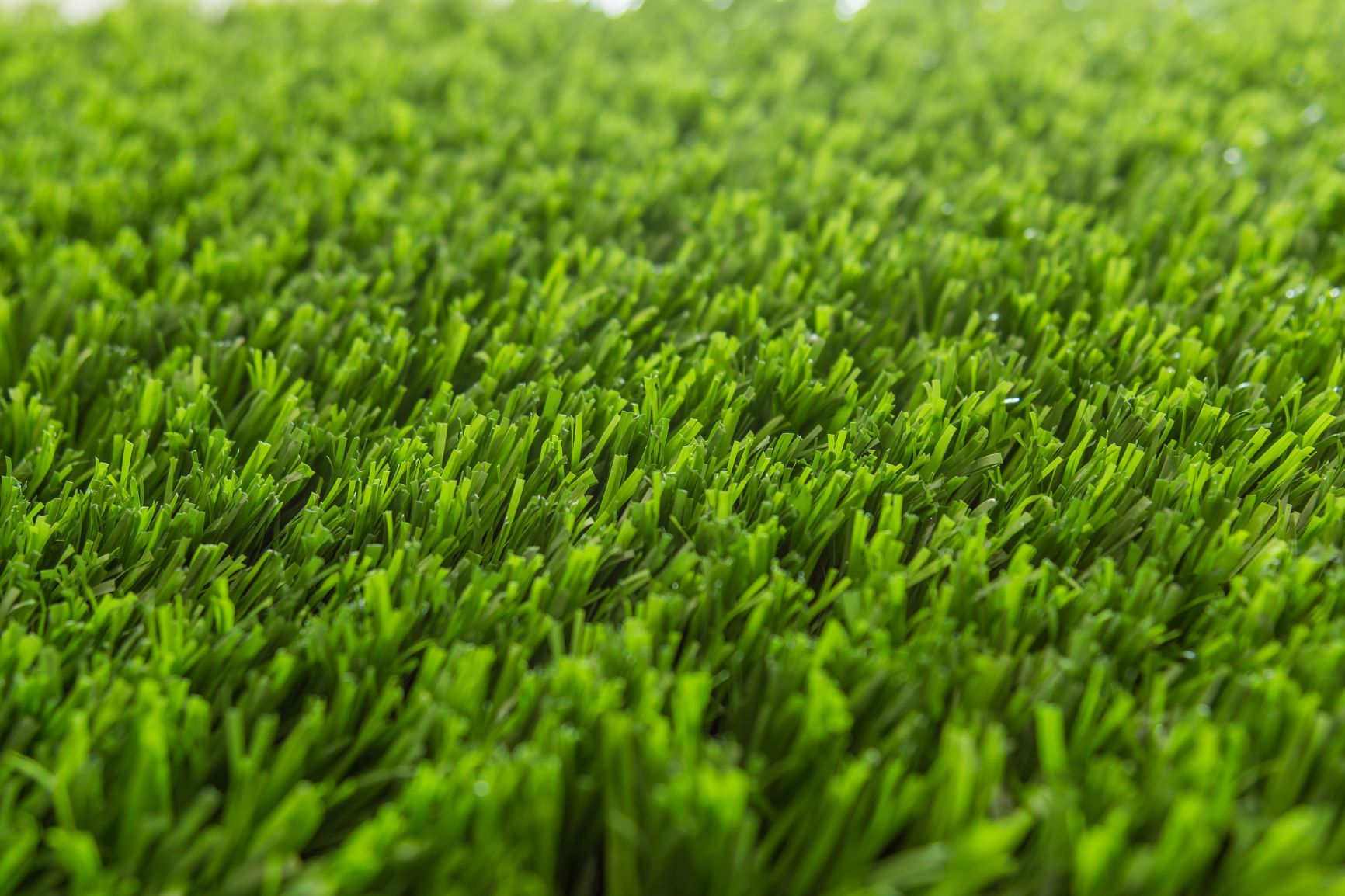Top Phoenix Turf Companies Offering Superior Synthetic Grass Solutions
Explore the Environmental Benefits of Opting for Synthetic Grass Solutions
The fostering of man-made lawn options presents an engaging opportunity to attend to pushing ecological challenges. By dramatically reducing water use and decreasing the application of unsafe chemicals, these choices not just advertise lasting landscaping however additionally shield regional communities. Furthermore, the lower carbon impact associated with reduced maintenance activities adds to an extra sustainable strategy to land administration. Nonetheless, the ramifications of these advantages expand past plain conservation efforts, increasing questions about their long-lasting impact on habitat conservation and total eco-friendly equilibrium. Checking out these measurements exposes an intricate interaction worth thinking about.
Water Conservation Advantages
One of the most significant benefits of synthetic grass is its capacity to conserve water. Typical turf lawns call for considerable irrigation, especially in locations vulnerable to drought or water limitations. On the other hand, synthetic grass does not need watering, considerably decreasing the overall need for water sources. This function is specifically helpful in dry regions where water scarcity is a pressing concern.
By eliminating the requirement for regular watering, artificial turf contributes to lasting landscape techniques and assists alleviate the ecological effect of excessive water intake. In addition, the preservation of water encompasses the decrease of runoff, which can bring about soil disintegration and waterway contamination.
In addition, the setup of synthetic grass permits municipalities and property owners to allocate water sources a lot more efficiently, concentrating on vital uses such as drinking water and agriculture. The change in the direction of synthetic grass not just promotes responsible water usage but likewise straightens with wider environmental objectives focused on preserving natural deposits.
As communities progressively prioritize sustainability, the water conservation benefits of synthetic grass offer an engaging case for its fostering in commercial and domestic landscape design tasks.
Lowered Chemical Use
The transition to artificial grass dramatically reduces the reliance on chemical therapies commonly utilized in natural yard maintenance. Standard grass administration usually involves the application of plant foods, herbicides, and chemicals to promote growth and control pests. These chemicals can position dangers to human health and wellness, local wildlife, and the atmosphere, adding to soil and water contamination.
On the other hand, artificial grass removes the demand for these dangerous materials. When installed, it requires marginal upkeep, largely containing regular cleansing and occasional infill replenishment. This reduction in chemical use not only profits the instant setting however likewise adds to wider environmental stability. By minimizing the launch of synthetic compounds right into the environment, synthetic grass advertises healthier soil and water systems.
Additionally, the lack of chemical drainage related to artificial lawn setups aids protect regional waterways from air pollution, supporting water life and keeping biodiversity. Turf installation phoenix az. As areas significantly focus on lasting techniques, going with synthetic turf provides a feasible service that lines up with ecological preservation goals. With this shift, home proprietors can take pleasure in rich environment-friendly rooms without jeopardizing ecological health and wellness, leading the way for an extra sustainable future
Lower Carbon Impact

Additionally, the installment of synthetic grass can result in considerable water conservation. All-natural yards need substantial amounts of water for irrigation, which not only contributes to the carbon footprint related to water extraction and treatment but also pressures neighborhood water sources. In comparison, synthetic grass requires minimal upkeep, needing no watering, consequently substantially minimizing water use check that and its connected energy costs.
In addition, the longevity of artificial grass adds to its decreased carbon influence. With a life expectancy of as much as 15 years or even more, the need for frequent substitutes is diminished, resulting in less waste and lower power intake in production and dealing with traditional turf options. On the whole, synthetic grass presents a sustainable choice for eco conscious landscape design.
Habitat Conservation
Habitat conservation is a critical consideration in the dispute over landscaping options, particularly when contrasting synthetic grass to all-natural turf. All-natural grass lawns typically call for extensive maintenance, consisting of the use of herbicides, chemicals, and fertilizers, which can negatively influence regional ecosystems. These chemicals can leach into the soil and rivers, damaging indigenous flora and animals and disrupting neighborhood environments.
Artificial grass removes the demand for damaging chemicals, consequently safeguarding close-by wildlife and maintaining the honesty of surrounding ecosystems. The setup of artificial lawn can lead to the conversion of former yard areas right into even more biodiverse landscapes, such as pollinator gardens or native plant areas, which can support regional wildlife.
Inevitably, the change to synthetic grass not only conserves water and decreases maintenance initiatives yet likewise fosters a much more harmonious partnership between human activities and the native environment, promoting environment conservation while doing so.
Long-Term Sustainability
Lasting sustainability is a vital consider reviewing the advantages of synthetic grass over standard yard lawns. Among the most considerable advantages of synthetic grass is its longevity; it can last approximately 15-20 years with very little maintenance, whereas all-natural grass calls for constant reseeding and substitute. This longevity reduces the demand for consistent sources, such as water, fertilizers, and pesticides, which are crucial for keeping a healthy turf lawn.
Additionally, synthetic grass adds to a reduction in carbon discharges connected with yard treatment devices. Traditional lawns frequently require gas-powered lawn mowers, leaners, and blowers, all of which add to additional reading air contamination. Turf installation phoenix az. In comparison, synthetic turf removes the need for such tools, advertising a cleaner atmosphere
In addition, the production of man-made turf increasingly uses recycled products, boosting its sustainability account. As manufacturers take on green internet practices, the environmental impact of synthetic grass remains to diminish.

Verdict
The adoption of man-made lawn options offers considerable ecological advantages, consisting of significant water conservation, decreased dependence on hazardous chemicals, and a reduced carbon impact. Artificial lawn aids in preserving natural environments by reducing land disruption and promoting long-term sustainability through the usage of resilient materials. Collectively, these aspects highlight the possibility of synthetic grass to contribute favorably to ecological health and use a practical option to typical landscaping methods in an increasingly resource-conscious globe.
In comparison, artificial turf does not need watering, substantially decreasing the overall demand for water sources. By minimizing the release of artificial substances right into the ecological community, artificial grass advertises much healthier dirt and water systems.
In addition, the installation of artificial turf can result in considerable water preservation. In comparison, synthetic grass requires very little maintenance, requiring no watering, consequently significantly lowering water use and its connected power costs.
